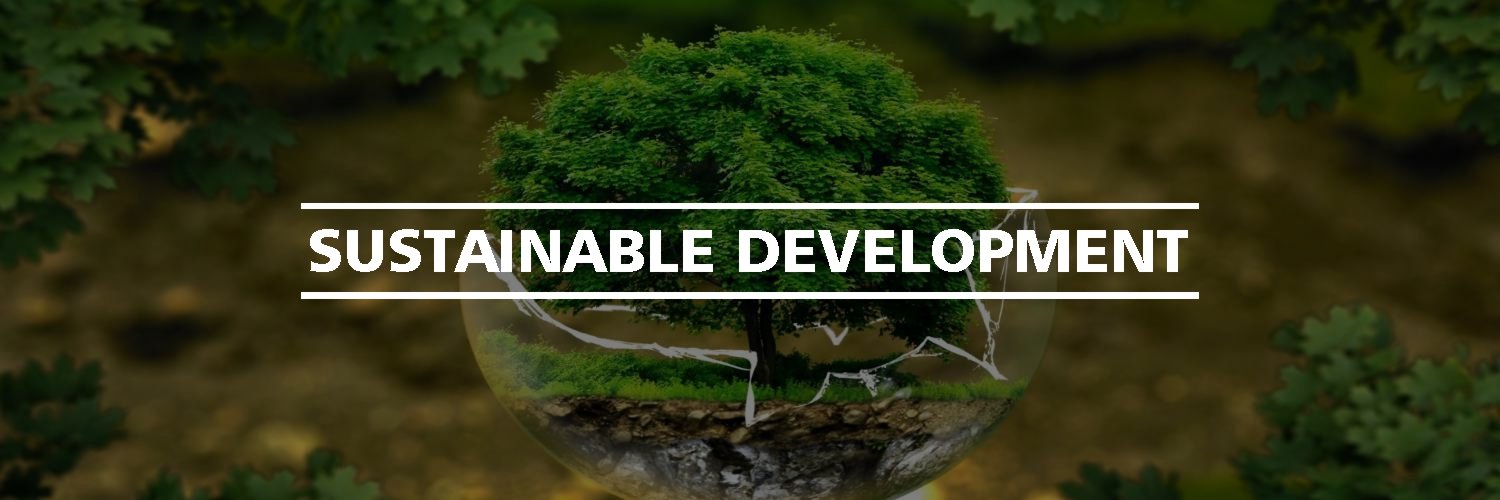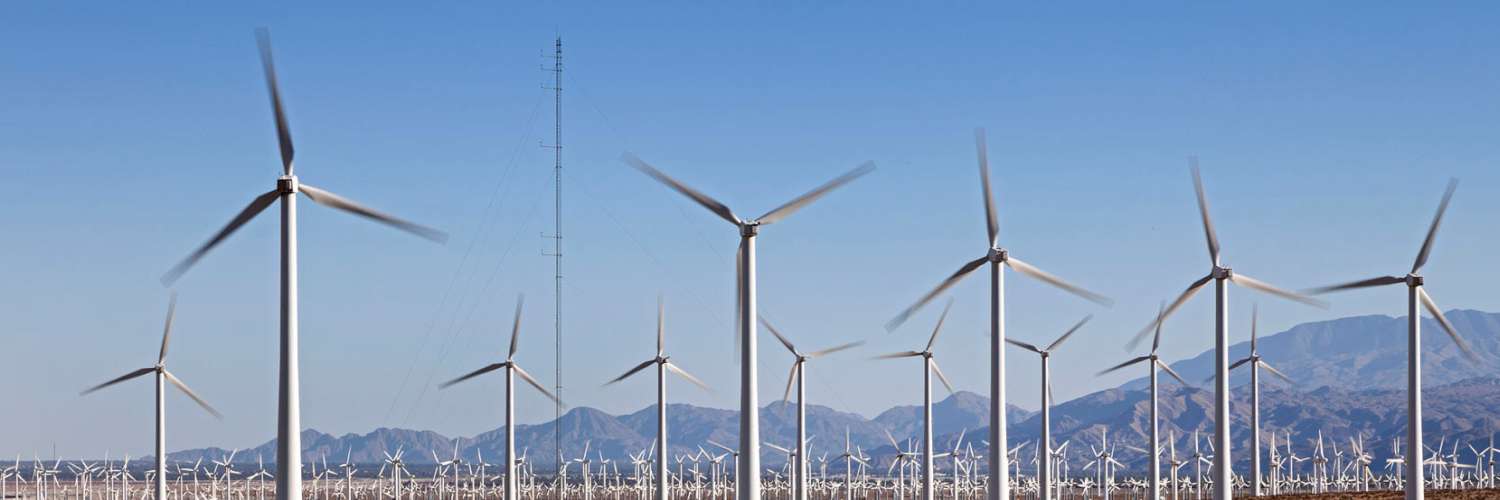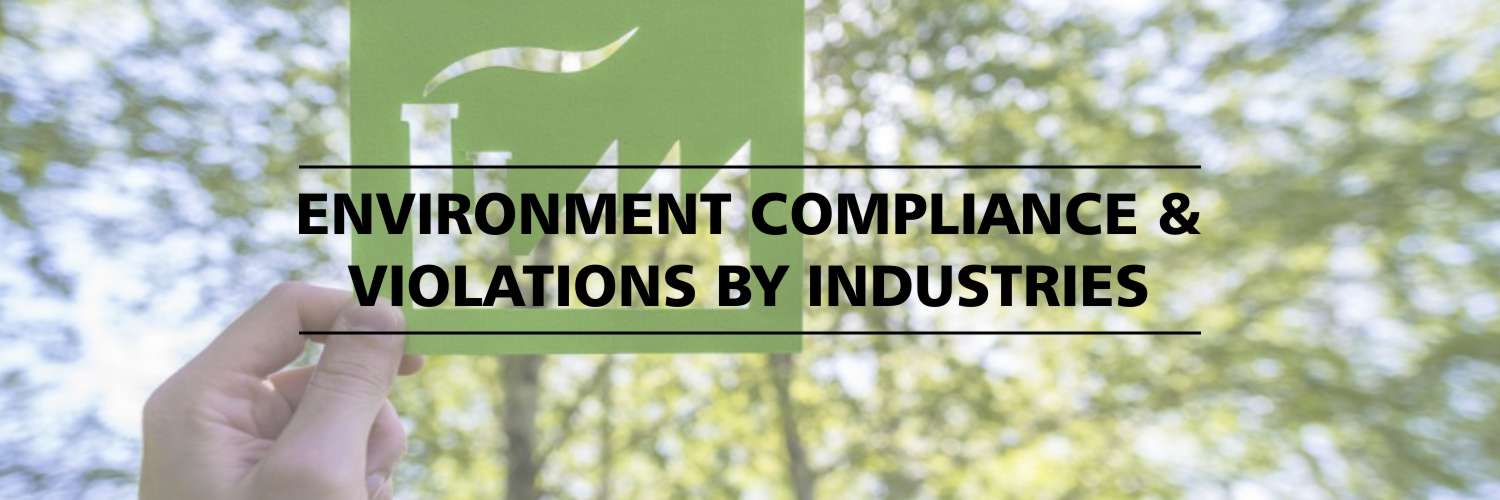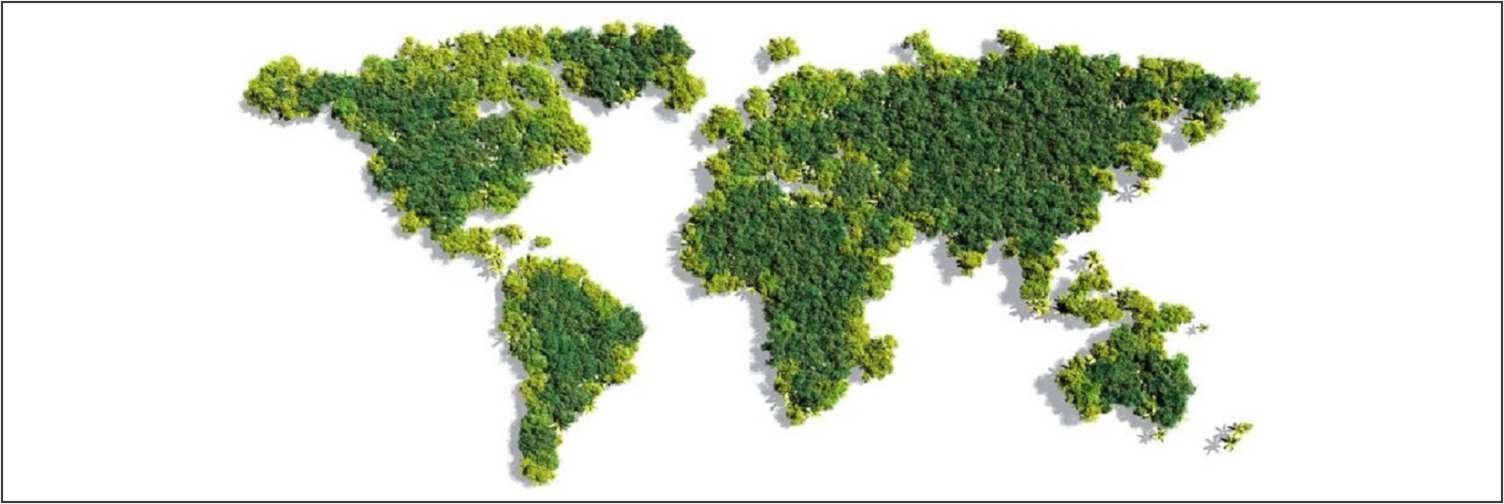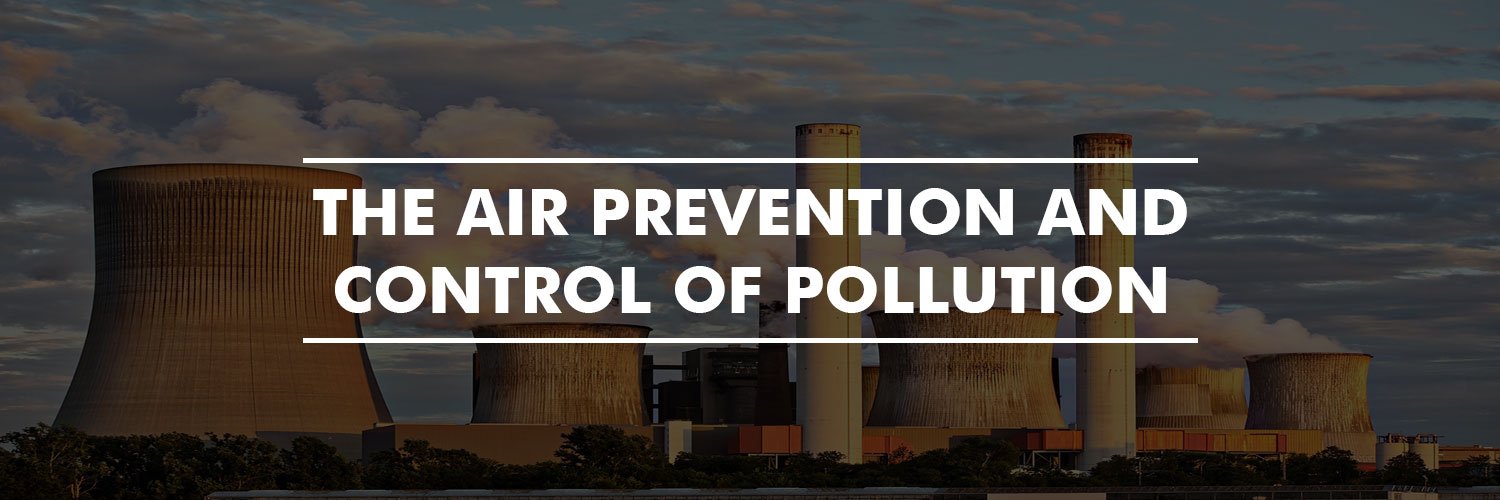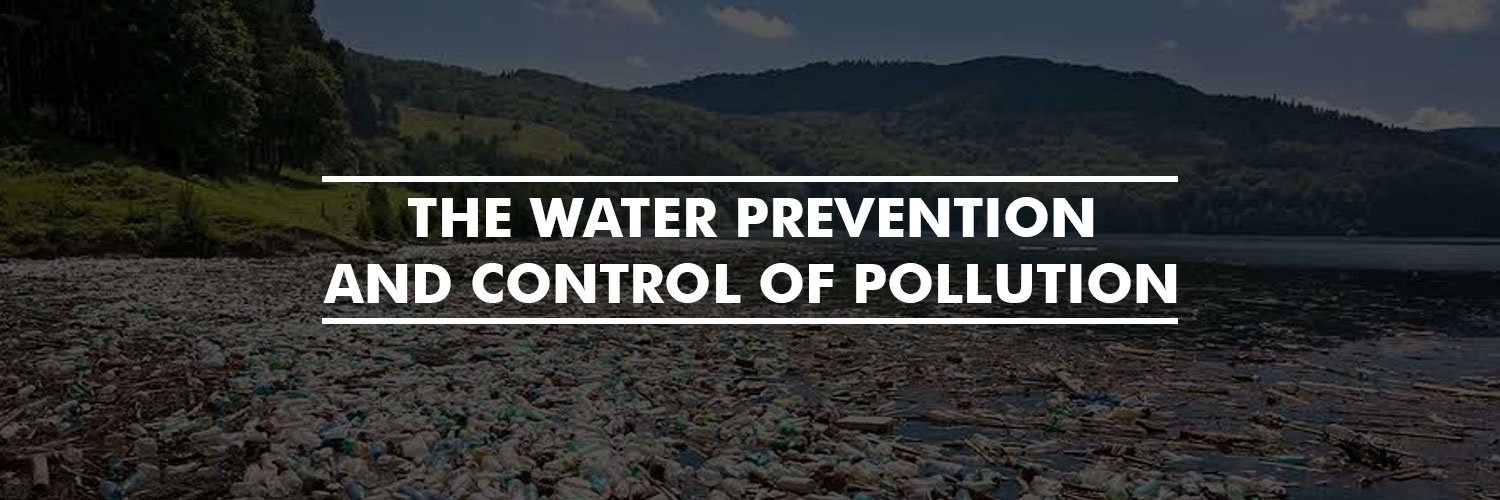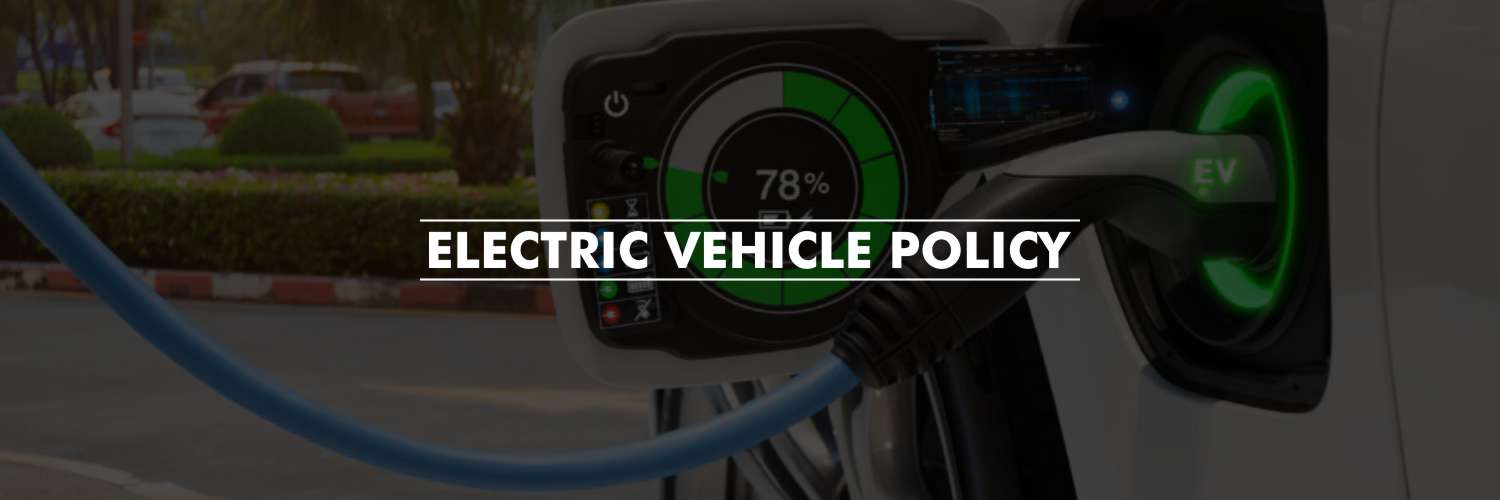Overview
The recent years have seen a worldwide consensus over the protection of environment and mitigation of rapid climate change. Development always comes along with a price tag and that price is paid by exploitation of the environment to the maximum level possible. The rapid industrialization and urbanization have posed a bigger threat in front of human civilization, and that threat is the degradation of the environment and climate change. The concern over the protection of the environment has led to the introduction of various protocols to tackle the situation and therefore, the concept of “sustainable development” was brought into the picture.
Meaning of Sustainable Development
There have been many definitions of Sustainable development, but the generally and commonly cited definition is from “Our Common Future”, also known as the “Brundtland Report”:
“Sustainable development is a development that meets the needs of the present without compromising the ability of future generations to meet their own needs. It contains within it two key concepts:
- The concept of needs, in particular, the essential needs of the world’s poor, to which
overriding priority should be given; and - the idea of limitations imposed by the state of technology and social organization on the environment’s ability to meet present and future needs.”[1]
Sustainable development continuously looks to attain social and economic growth and development in ways that would not drain or exhaust the earth’s limited natural resources. The requirements and desires of humanity today are actual and urgent, yet it’s essential to develop measures to meet these necessities that do not ignore the future. The competence of our ecological unit is not infinite, which means that the coming generations might not be able to fulfill their requirements the way today’s generation can currently.
“The Brundtland Report” pressed the following three elementary elements of Sustainable Development, i.e. “the environment, the economy, and society”, and has proposed numerous key schemes for sustainable development. The moral notion of Brundtland is perceived as the most general definition of SD. The benefit of the Brundtland definition is its general view, while the various other definitions merely view sustainability as a remote scheme or as an explicit dimension.
The central idea behind the origin of Sustainable development is ‘inter-generational equity’ which is a concept that says that humans “hold the natural and cultural environment of the Earth in common both with other members of the present generation and with other generations, past, and future”.
Reference
[1] Our Common Future, The Brundtland Report, 1987.
